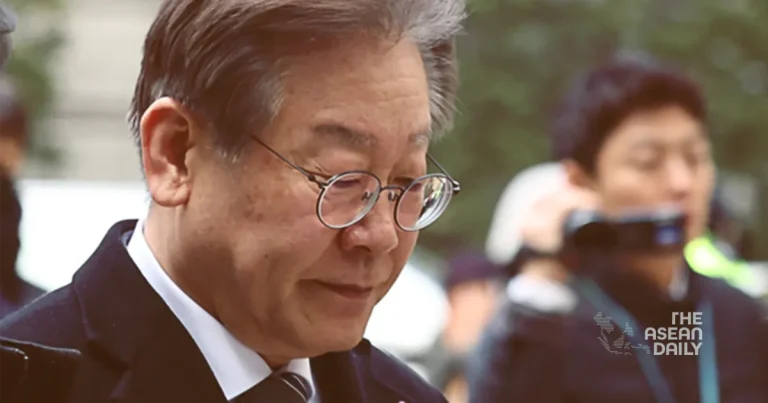15-12-2024 (SEOUL) South Korea’s political landscape faces unprecedented turmoil as opposition leader Lee Jae-myung called for an expeditious Constitutional Court ruling on President Yoon Suk Yeol’s impeachment, following Saturday’s historic parliamentary vote triggered by a controversial martial law decree.
The impeachment, which has immediately suspended President Yoon’s executive powers, marks a critical juncture in South Korean democracy. Prime Minister Han Duck-soo has assumed presidential duties in the interim, though the Constitutional Court has up to 180 days to deliver its verdict. Should the court uphold the impeachment, a presidential election must be held within 60 days.
“Swift judicial action is paramount to minimising national disruption,” declared Lee Jae-myung, who heads the opposition Democratic Party. In a measured approach to the crisis, Lee proposed establishing a national council to foster cooperation between the executive and legislative branches, emphasising the need for bipartisan collaboration to address the political deadlock that has rattled financial markets and hampered diplomatic relations.
The crisis stems from President Yoon’s unprecedented six-hour martial law declaration on 3 December, the first such action in over four decades. The decree, which prompted widespread condemnation, was swiftly overturned by a unanimous parliamentary vote. In a controversial move that further escalated tensions, Yoon deployed military and police forces to parliament, though they withdrew without significant confrontation.
Notably, Lee has rejected calls to impeach Acting President Han, despite criticism over his handling of the martial law situation. “Further political instability serves no one’s interests,” Lee stated, pledging his party’s commitment to restoring international confidence in South Korean governance.
The conservative President Yoon, who has consistently struggled with an opposition-dominated parliament, maintains that the martial law decree was intended as a warning to what he terms an “anti-state force” – a reference to the Democratic Party’s aggressive legislative tactics, including multiple impeachments of government officials and delays in budget approvals.




